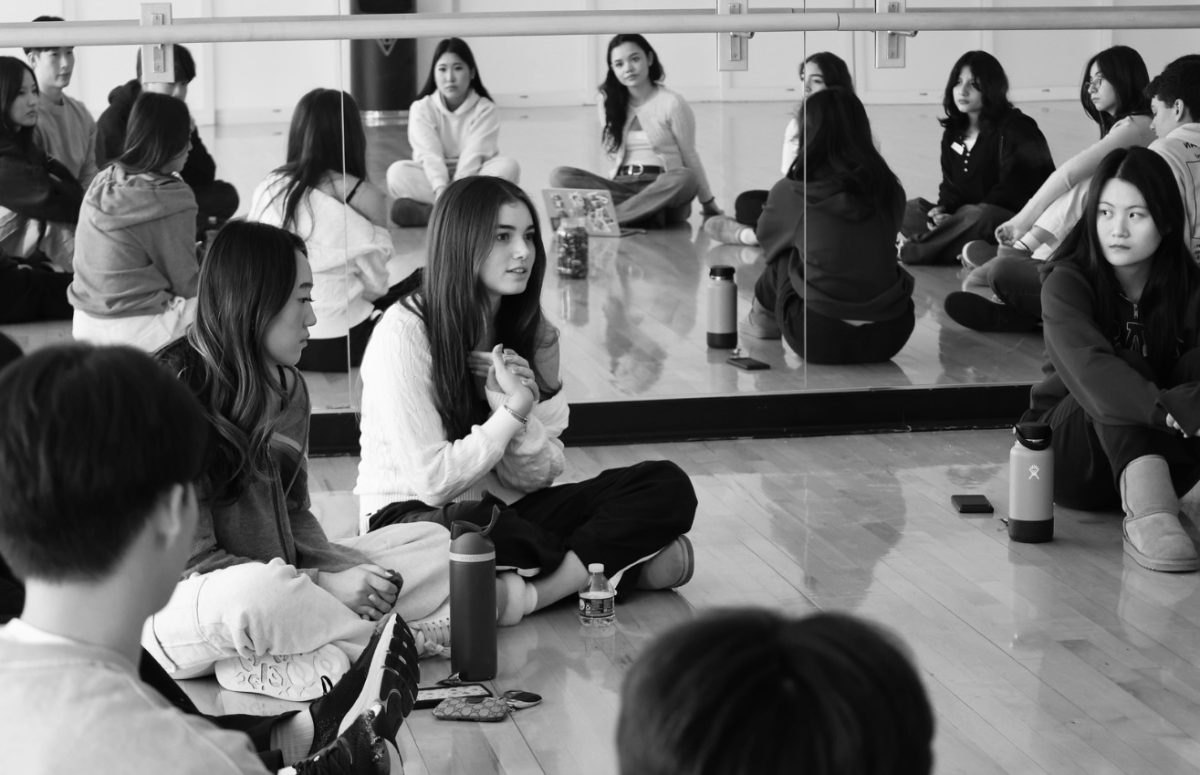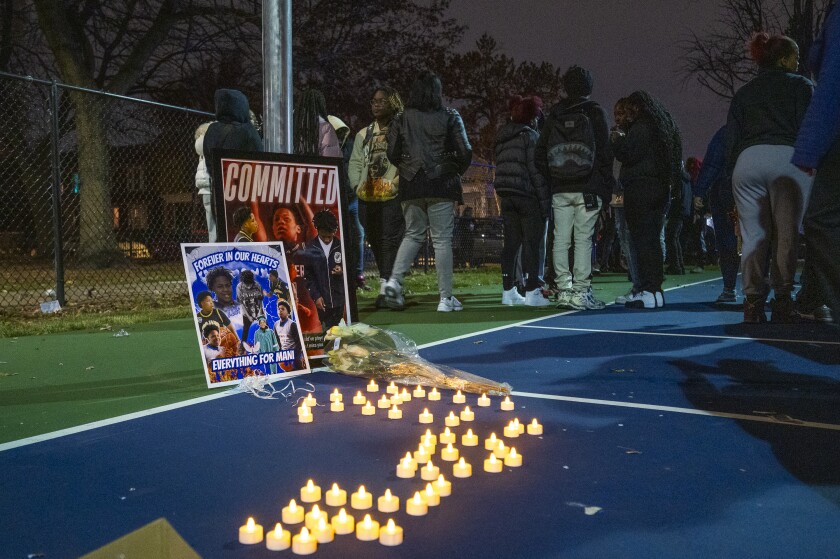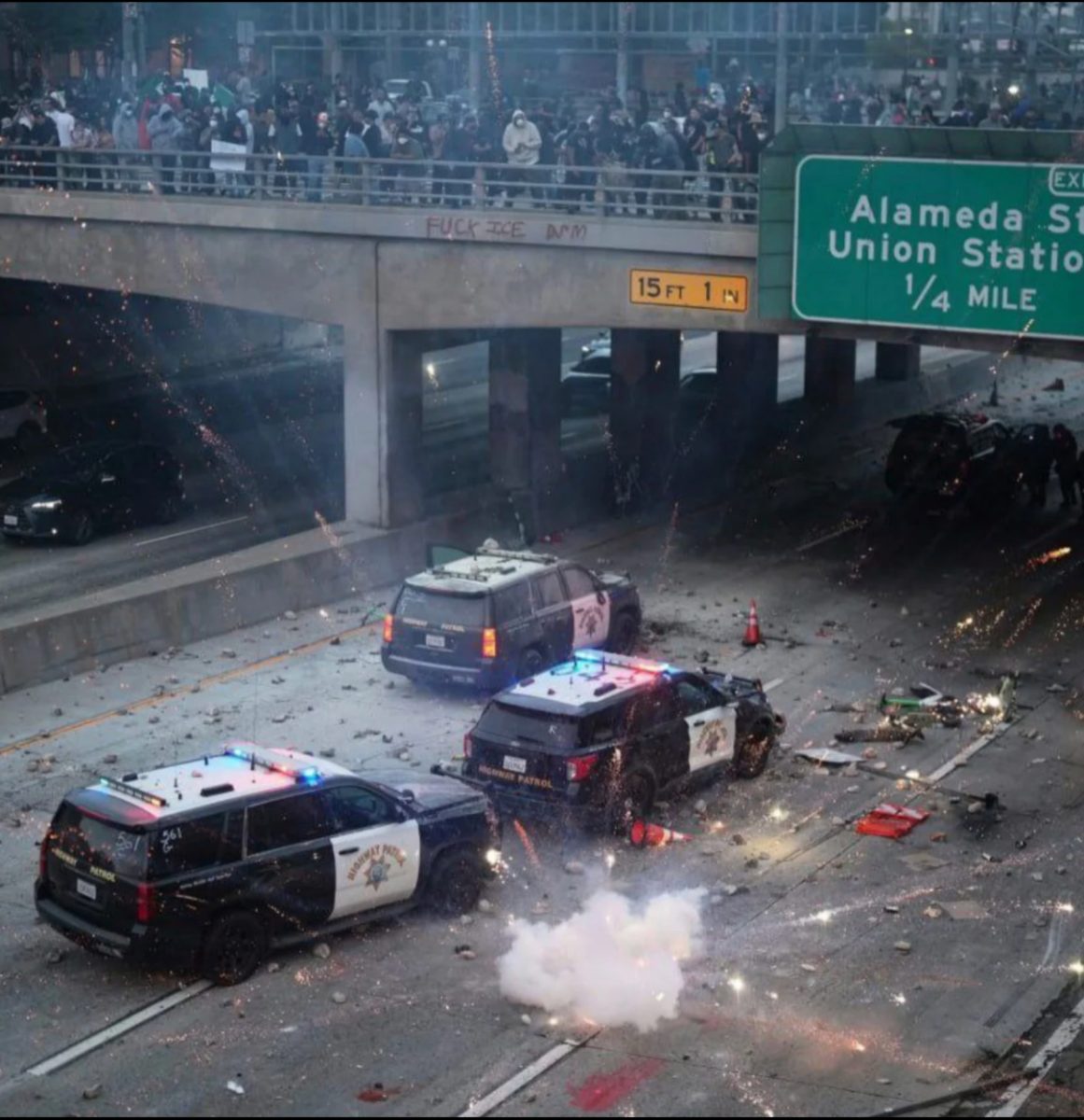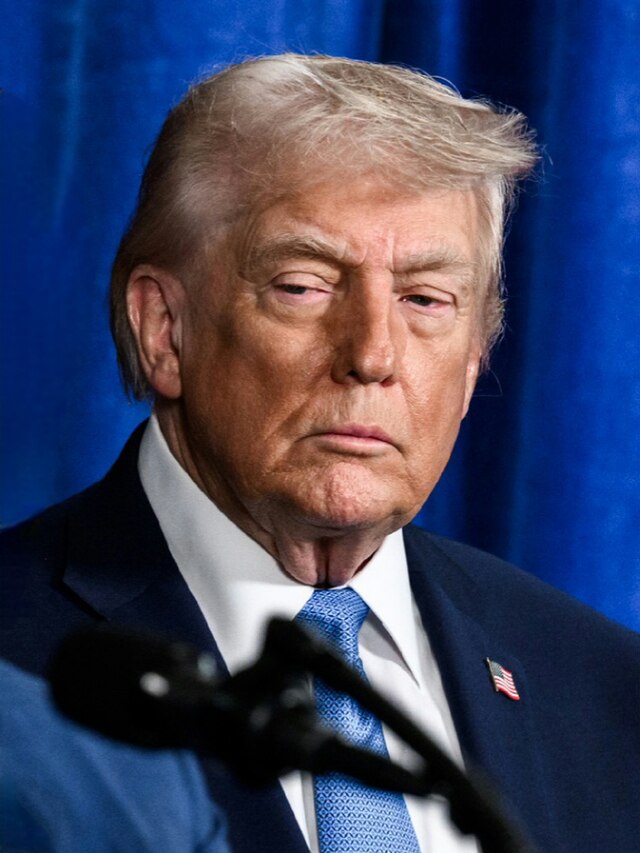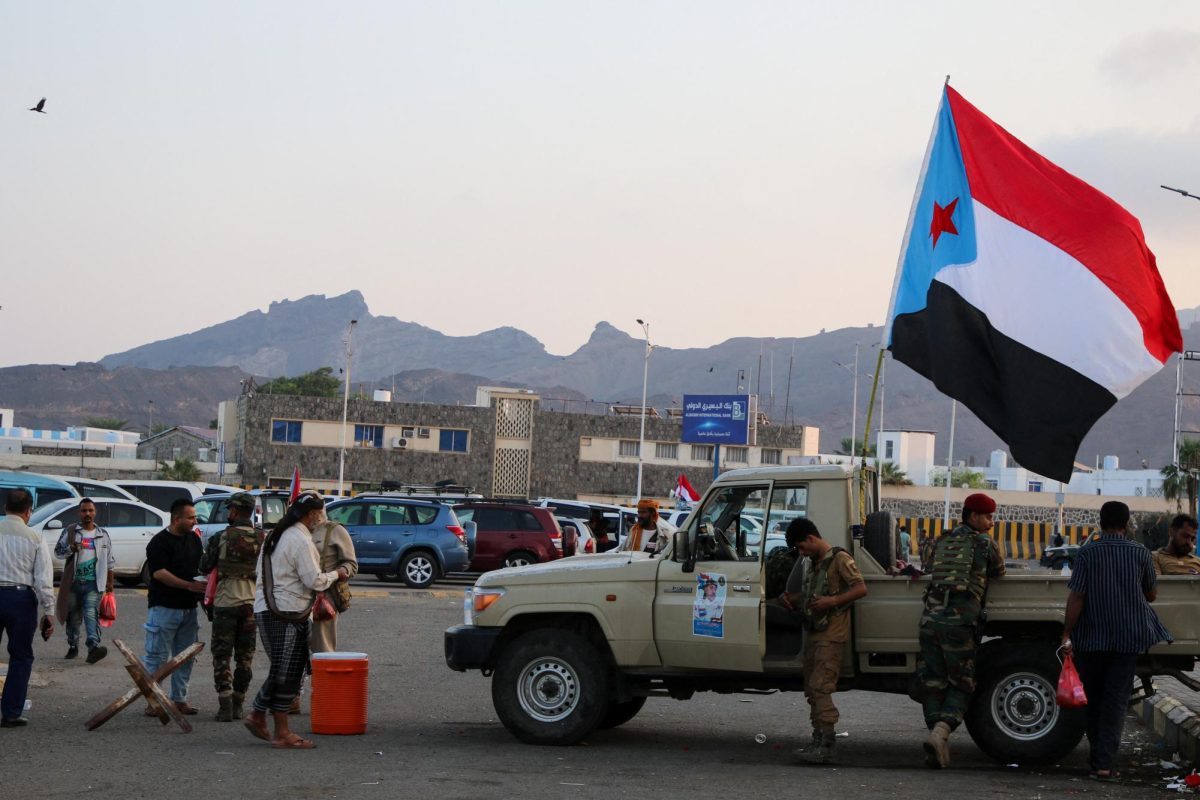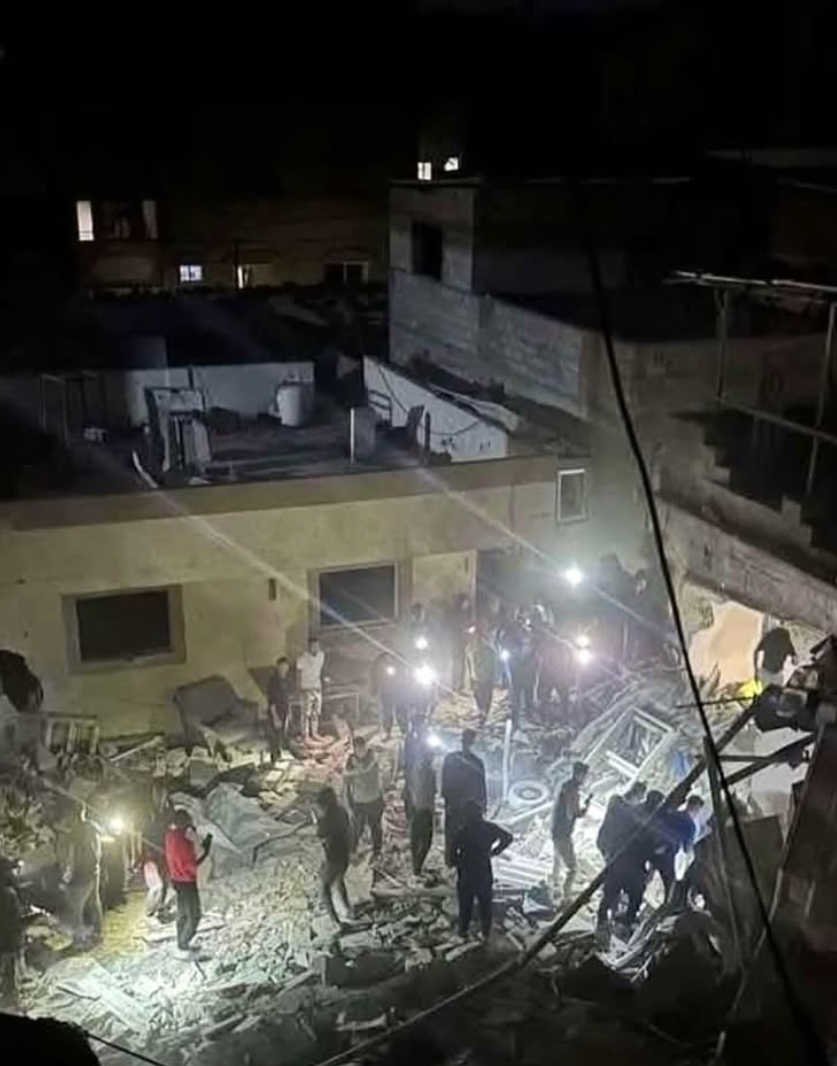The Venezuelan immigrant crisis, one of the largest mass displacements in recent history, continues to have far-reaching effects both locally and globally. Venezuela’s economy began to collapse in the mid-2010s, largely due to a drop in global oil prices. As a country heavily reliant on oil exports, Venezuela experienced a drop in government revenue, which, combined with years of economic mismanagement and corruption under President Nicolás Maduro, led to soaring hyperinflation. At its worst, Venezuela’s inflation rate reached over 1,000%, making necessities like food and medicine unaffordable for most citizens.
The state of Venezuela’s economy has made the country unbearable for millions of Venezuelans, causing them to flee. According to the United Nations, as of 2024, more than 7.7 million Venezuelans had fled the country since the crisis began. This has created a refugee crisis that has rippled across South America. Countries like Colombia, Peru, and Brazil have absorbed the majority of these refugees, but such large numbers have strained resources in these nations. While Venezuelan refugees
The U.S. has also faced an influx of Venezuelan refugees coming into the country, bringing both challenges to the U.S. economy. The sudden surge has placed additional stress on US immigration courts, shelters, and border facilities. As Venezuelans arrive in growing numbers, local governments and charities are trying to provide resources, such as housing and legal support.
Zoé Canonne ‘25, who has been actively engaged in raising awareness about the situation, shared her thoughts on the scale of the problem. Canonne said, “It’s heartbreaking to see innocent citizens being uprooted from their homes.” She further added that there needs to be more global attention on how these people are suffering, especially when they arrive in the United States only to face more challenges like limited resources and hostile immigration policies.
In response to the growing refugee crisis, the US government has granted Temporary Protected Status (TPS) to some Venezuelan migrants, allowing them to live and work legally in the United States. However, advocates argue that more needs to be done to support the millions of Venezuelans displaced by the crisis. Many are calling for expanded refugee programs and more humanitarian aid.
Elise Brandt ‘25, another voice and advocate for this issue, echoed similar concerns, emphasizing the human rights violations many Venezuelans face, “We often overlook the mistreatment they endure along the journey and even after arriving in countries that are supposed to help. The US government has been slow to respond to this crisis with effective solutions.” She continued saying, “We need to put pressure on our lawmakers to extend TPS and ensure that those fleeting are not met with even more barriers.”





